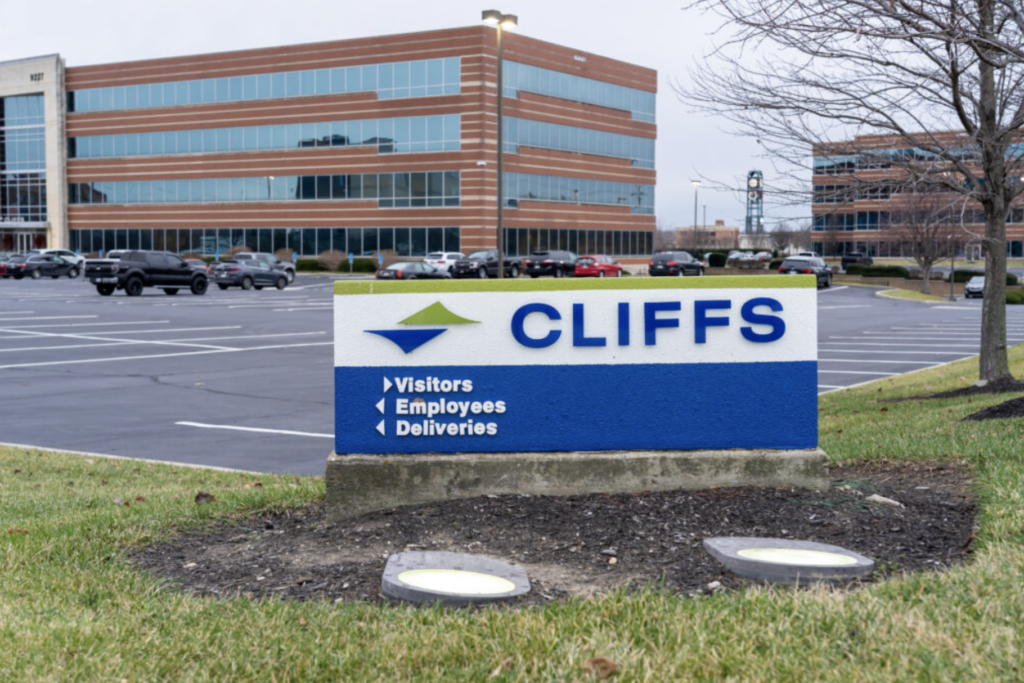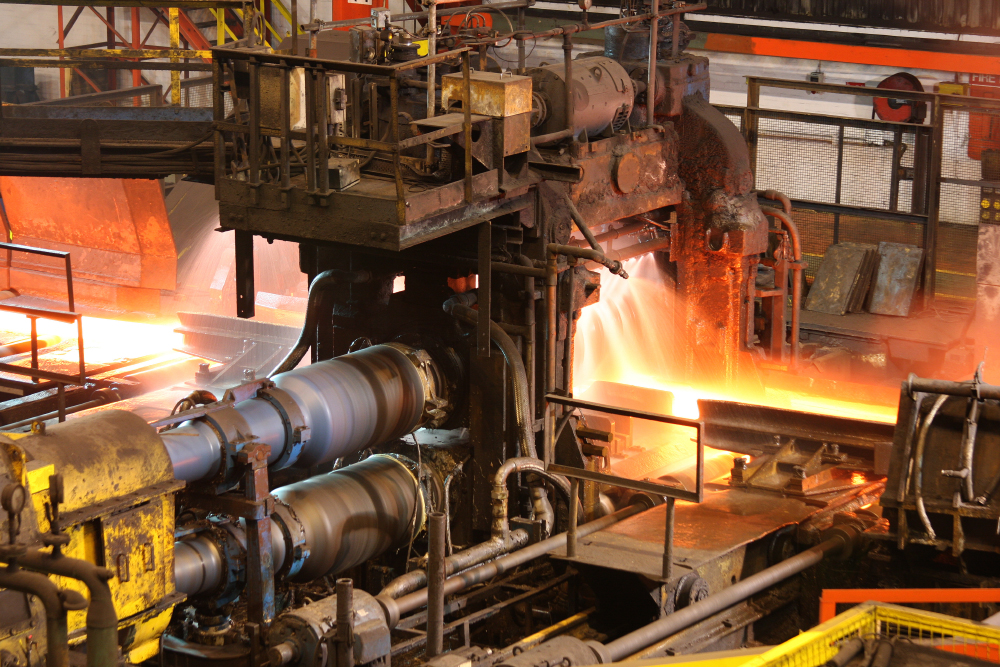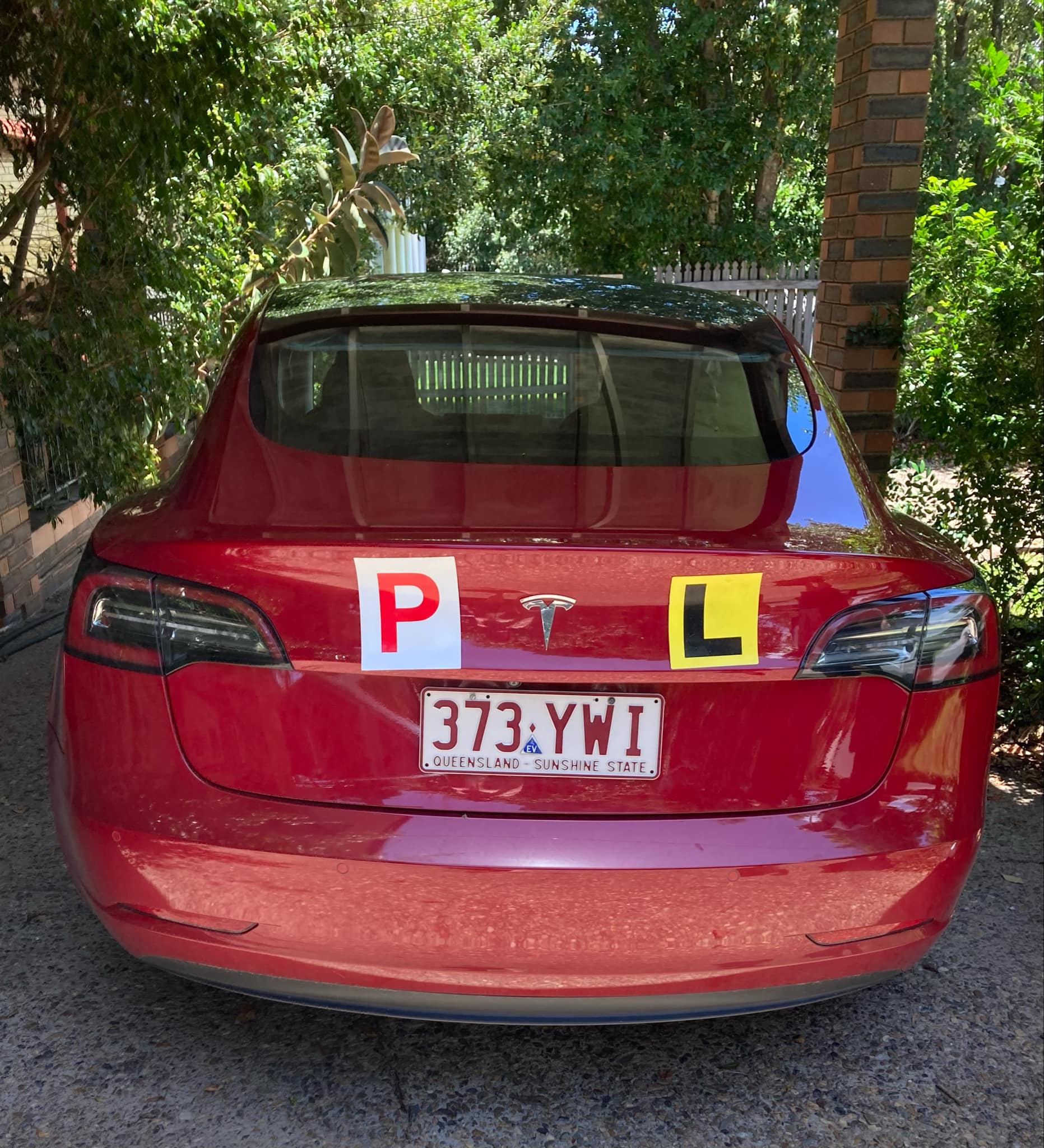Late Sunday night, the Wall Street Journal reported that U.S. Steel had rejected an unsolicited offer from Cleveland-Cliffs for the company, valuing it at $7 billion. According to the report, Cliffs offered U.S. Steel $17.50/share in cash plus 1,023 shares of Cliffs stock. U.S. Steel promptly rejected the offer and indicated that it would seek alternative proposals. Twenty-four hours later, the WSJ reported an alternative proposal – this time from Esmark. U.S. Steel news reports indicated this proposal was much stronger and included an all-cash $35/share bid.
Given the growing demand for environmentally friendly steel production, the higher costs associated with BOF compared to EAF, and the narrower range of applications for BOF steel, the U.S. market likely requires just a single BOF producer. However, this scenario could increase steel prices and lead to potential demand reduction. As is evident from the potential Cliffs acquisition, this would be especially true for the automotive sector.
The news of a possible acquisition might have surprised some. However, to some degree, numerous OEMs and even the MetalMiner team have held the view that U.S. Steel appeared to be a probable takeover candidate. This is despite successful initiatives from CEO David Burritt, such as acquiring Big River Steel and effectively managing the company’s profitability in recent years. Among those following U.S. Steel news, a sale had seemed imminent for some time.
Shifting Dynamics and Consolidation in the Steel Industry
Though the automotive industry takes the forefront in this scenario, a Cliffs acquisition could also significantly impact sectors like tinplate, NOES, OCTG, and oil and gas pipe products. Notably, the automotive sector’s unique requirement for an exceptionally refined surface finish sets it apart from most other industries that can sufficiently operate with cold-rolled steel from a mini mill. Check out the full range of MetalMiner tinplate, NOES and GOES prices and forecasts
Moreover, a considerable reduction in capacity seems inevitable. While we observed capacity cuts during Cliffs’ acquisition of ArcelorMittal and AK Steel, these will pale in comparison to the expected capacity decrease resulting from a potential Cliffs-U.S. Steel merger. Perhaps predictably, MetalMiner believes little to no resistance will come from other mills, including EAFs. Moreover, the absence of monopoly claims will persist, as all parties, save buyers, stand to benefit from this consolidation.

As steel prices decline, reduced demand and a sluggish economy will continue to influence steel prices. In turn, the necessity for maintaining two domestic blast furnaces becomes increasingly questionable, especially with available BOF capacity in other regions. The underlying challenge pertains to establishing a new baseline for domestic steel prices. In straightforward terms, the automotive sector will inevitably have to allocate larger budgets for imports or explore alternative materials, like recycled aluminum. Subscribe to MetalMiner’s annual outlook for 2024 (releasing in September) for steel, aluminum and other metal price forecasts and buying strategies.
More U.S. Steel News: BOF Import Options
Several countries currently supply the U.S. market with BOF material. Japan and Korea sell into the automotive market. Brazil has Usiminas. Algoma in Canada serves as another alternative, though they appear to have gone down the EAF route as well. Tata in the Netherlands also exports steel to the U.S., but only for high-strength material. In short, global sourcing and USMCA options still present alternatives, even with only one domestic BOF producer.

One intriguing element of the Cliffs offer relates to a standoff concerning the signing of an NDA. Typically, an acquiring company’s practice involves signing an NDA with the target acquisition, enabling the exchange of sensitive information. U.S. Steel news sources indicate that Cliffs’ CEO, Laurenco Goncalves, has indicated his willingness to sign the NDA. However, this is contingent upon USS indicating a preliminary agreement on the deal’s economic terms.
It’s likely that Goncalves is averse to signing the NDA and revealing confidential data to a competitor, especially if US Steel accepts a proposal from another contender like Esmark, rejects Cliffs’ offer outright as it has thus far, or exploits the information against Cliffs. Nonetheless, there is no doubt that the bid constitutes a significant proposal, demonstrating an essential effort toward further industry consolidation. Furthermore, the acquisition harmonizes with Goncalves’ strategy to strengthen focus on the automotive sector.
What Would a Cliffs Acquisition Mean for Steel Prices?
Cliffs will realize good synergies on both the mining and the finished steel sides. This involves consolidating iron ore and coking coal operations at the Port of Indiana-Burns Harbor. MetalMiner also anticipates a capacity reduction at Gary Works to further support steel prices. The notion is that Goncalves perceives EAF producers, or mini-mills, as incapable of manufacturing automotive body panels. An alternative deal scenario might involve Cliffs securing a discounted agreement solely for Gary Works. This would see them acquire the old asset and the auto business while leaving Big River Steel with U.S. Steel. This proposed structure mirrors the strategy employed in the AK/AM deal. In this instance, Goncalves obtained all the former assets and left the newest asset, the Calvert mill, with Arcelor.

Of course, the strategy becomes infinitely more complex if a superior Esmark offer emerges. Industry observers should expect a revised offer from Cleveland-Cliffs, bearing in mind that the likelihood is high for the acquisition of U.S. Steel or a portion thereof. This move would lead to further industry consolidation, stabilizing steel prices and solidifying dominance in the auto material market. The expected outcome includes obtaining $1,000-per-ton steel, which translates to a premium of $200-400 per ton compared to global prices.
Cleveland-Cliffs’ assertive bid to acquire U.S. Steel underscores a volatile landscape that could potentially lead to a significant shift in industry dynamics. As these developments unfold, buyers of BOF steel must remain attentive to the potential implications this transformative move could have on their procurement strategies and pricing considerations. U.S. Steel news will continue to impact prices in the coming months. Fortunately, MetalMiner’s free weekly newsletter provides up-to-date metal price intelligence.




